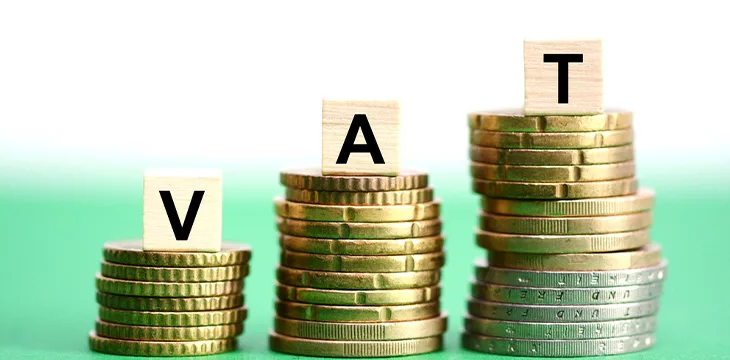Thailand’s Ministry of Finance has announced the elimination of value-added tax (VAT) on digital currency transactions, following years of government crackdown on digital currency transactions.
The Bangkok Post reported that the government’s stance is an attempt to transform Thailand into Southeast Asia’s leading digital currency hub. The Thai government is keen to explore new sources of financing for small and medium-sized enterprises (SMEs).
Previously, virtual asset service providers and traders were required to pay a mandatory 7% VAT on all digital asset transactions within Thai borders. According to data from Statista, there are 120,000 active digital accounts in Thailand, charging the Thai government a huge amount of money through VAT.
With Thailand’s daily trading volume reaching $100 million, Thailand’s Treasury will be leaving a significant portion of government revenue on the table.
The new tax exemption rules, which apply retroactively, came into effect from January 1, 2024 and extend to registered dealers and brokers licensed by the Securities and Exchange Commission of Thailand (SEC).
The new policy does not affect the previous VAT exemption provisions for digital investment token transfers and transfers to licensed digital currency exchanges.
Finance Minister Paopoom Rojanasakul noted that extending VAT exemption to dealers and brokers would provide several benefits to Thailand’s digital economy. First, the Department anticipates a surge in the number of digital asset service providers seeking to register with the SEC.
Another potential benefit of Thailand’s new policy is increased indicators of financial inclusion and trade finance options for domestic companies. Analysts are predicting large capital inflows into Thailand from overseas digital currency investors, attracted by tax exemptions and a friendly government stance on the asset class.
change position
Following an explosion that rocked the digital currency ecosystem in 2022, Thai authorities began a crackdown on the industry, banning staking and lending of digital currencies.
As tensions eased, the SEC lifted restrictions on retail investments in digital currencies, removing the investment limit of 300,000 baht ($8,450).
To show its support for the asset class, the government announced an ambitious national digital currency deployment plan to help boost the country’s near-term economy. But critics have poked holes in the plan’s feasibility, citing funding problems and inflation concerns.
“The 10,000 baht digital wallet plan can be compared to the imprisonment of several cabinet ministers over the Yingluck Shinawatra government’s rice pledge plan,” said former senator Rosana Rositrakul. “As a taxpayer, I am doing my civic duty to ask the relevant authorities to investigate this matter.”
Watch: The importance of digitalization for businesses
Are you new to blockchain? To learn more about blockchain technology, check out CoinGeek’s Blockchain for Beginners section, our ultimate resource guide.


